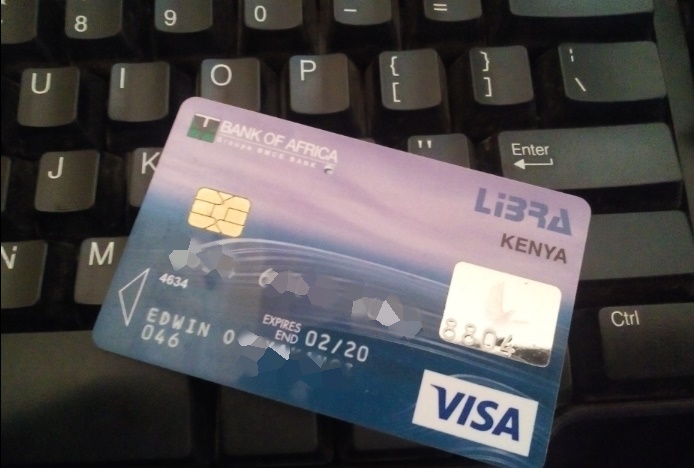How to stay safe when shopping online: Online market places are becoming the norm, rather than the exception. People are increasingly preferring to make purchases on online platforms such as Amazon, Jumia, and Muthurwa because of the flexibility and convenience online shopping offers.
The bane of online shopping in Internet fraud. There is real risk of fraudsters lurking in less secure platforms getting your private information and using it to your detriment.
This makes it necessary for all and sundry to get acquainted with basic security measures that could be the difference between a happy online shopper and the victim of a wiped bank account.
Trust Secured Websites
Generally, websites that have taken the measure to use HTTPS are more secure than those that use HTTP. HTTP is short for Hypertext Transfer Protocol; a system for transmitting data over the internet.
The HTTP data transfer protocol is focused on how information is presented, rather than how it gets from sender to receiver.
On the other hand, HTTPS (Secure Hypertext Transfer Protocol) was made to allow secured exchange of confidential information. HTTPS adds an extra layer of security through the SSL (Secure Sockets Layer) protocol.
Pay with Credit, not Debit Cards
Debit cards are convenient to shop with since you can always limit the amount in them to cap spending. However, they are less secure than credit cards and can be hacked more easily.
Avoid Shopping on Public Networks
Everyone loves Free Wi-Fi. But you need to note that information (including credit card numbers and passwords) sent over public networks is not encrypted and anyone on the same network can easily access it.
When it comes to shopping you may need to reconsider doing it on public networks and instead opt for private networks that are more secure.
Differences between a public and private network
Use Different Passwords
We tend to get lazy when it comes to creating passwords for multiple websites. What most people do is create a password and use it for all accounts.
This is quite risky because the moment a hacker lays his eyes on your social media account password, then he can easily take control of your financial information and ruin you.
Create new usernames and passwords whenever you sign up for an online marketplace membership.
While on passwords, it is prudent to change your them regularly; say, every six months. Mix small letters with capitals and alphanumerics to make a password harder to guess.
[irp]
Common Sense
Other measures you can take to secure your online shopping are basic behavioural habits. These include:
- Do not save your credit card PIN on your computer or written notes. Instead commit it to memory.
- Do not share passwords and logins with people you do not trust.
- Do not type passwords and PINS while someone is watching you.
- Log out of websites once you are done shopping.
- Clear browser history if you had to use a computer accessed by many people.
- Trust your gut; do not enter confidential information on a suspicious looking website.
Do not miss all our updates on online shopping security tips.

Leave a Comment